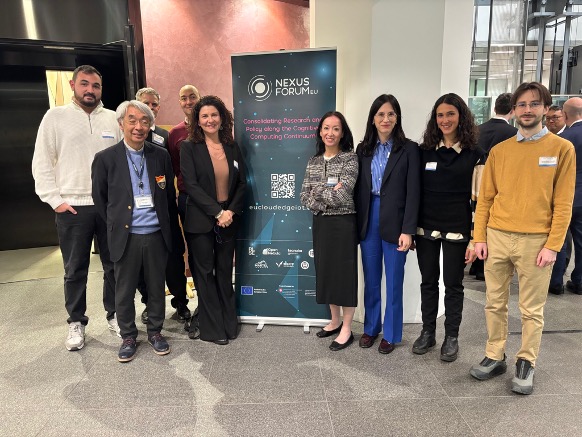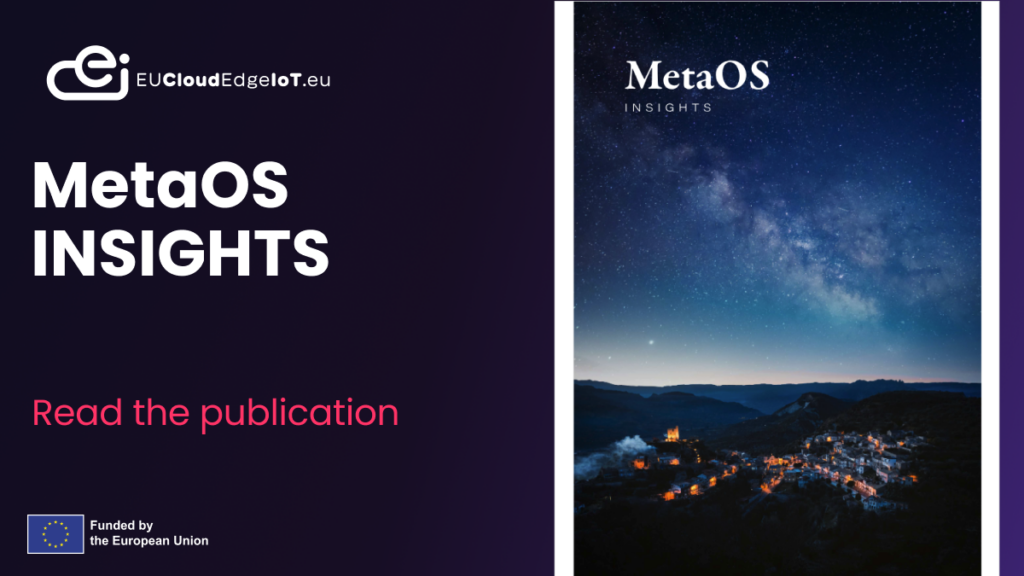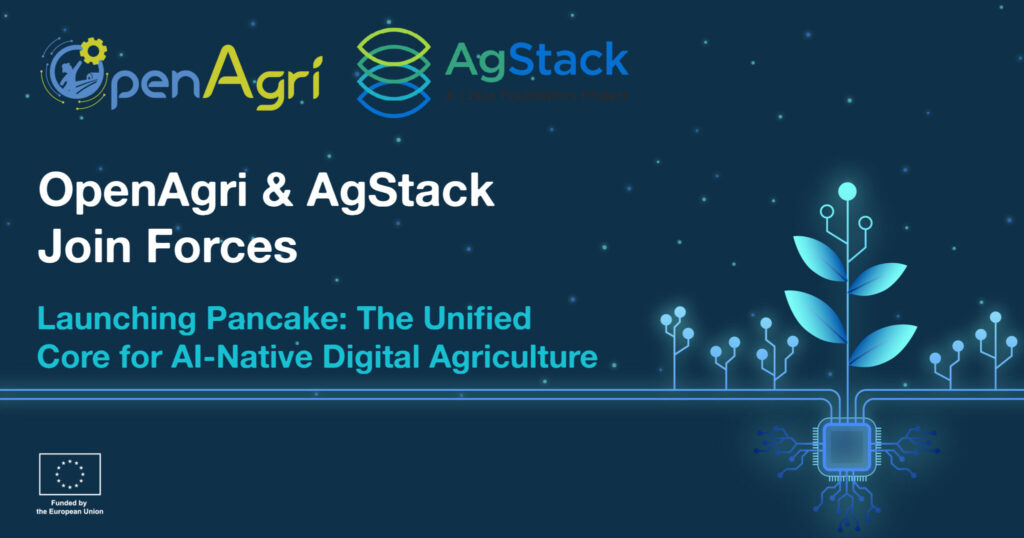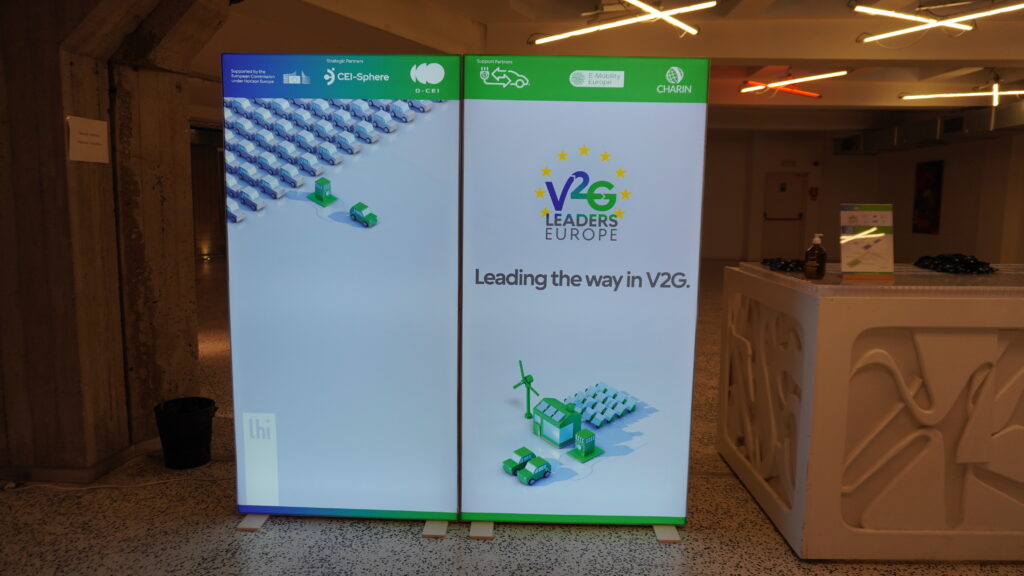Over the course of a packed week, the EU-Japan Digital Week brought together leaders from industry, academia, and government to shape the future of digital cooperation between Europe and Japan. Held at Meiji University, the “Smart Connectivity and Computing” Workshop was organised by the NexusForum.EU project in collaboration with the INPACE project, with vital support from Prof. Kiyoshi Murata and Dr. Andrew Adams of Meiji University.
With close to 100 participants attending, the Workshop not only brought forward rich technical and policy insights but also laid the groundwork for future collaborations.
Opening Remarks & Keynote: Laying the Foundations of Trust
The event opened with welcoming remarks from Maria-Angeliki Evliati, NexusForum.EU Project Coordinator, who set the tone by underscoring the strategic importance of EU-Japan cooperation. She emphasised that the shared values of openness, interoperability, and technological sovereignty must guide the development of future digital ecosystems.
In his keynote, Dr. Andrew Adams from Meiji University delivered a thought-provoking address on the risks of digital lock-in and the broken promises of the open internet. He called for federated alternatives to proprietary platforms and stressed the need for governments to take a proactive role in enabling choice through regulation, ethical digital architecture, and open-source technologies. His message was clear: trust is the cornerstone of digital cooperation. “Information travels at the speed of trust,” he said, setting the stage for the deep discussions that followed.
Session 1: Innovations in Japan’s Cloud-Edge Landscape
Moderated by Dr. Giacomo Inches (Martel Innovate), this session offered a glimpse into Japan’s rapid advancements in cloud-edge infrastructure, showcasing leading initiatives in data exchange, sensor-driven environments, and hybrid supercomputing.
Didier Navez (Dawex) demonstrated how Japan and Europe can converge through trusted data exchange platforms. His presentation highlighted regulatory alignment—between Japan’s APPI and Europe’s GDPR and Data Act—as a critical enabler of secure, compliant cross-border data flow. He also introduced business models designed to scale data marketplaces within and beyond national jurisdictions.
Kenji Hiramoto, speaking on behalf of the Japan AI Safety Institute, drew from real-world use cases of sensor and LPWA-based infrastructures that support disaster response and urban resilience. His emphasis on public-private collaboration in Japan’s smart city strategies highlighted pathways Europe could follow or integrate into its own efforts.
Dr. Kento Sato (RIKEN / HANAMI Project) illustrated Japan’s leading edge in hybrid supercomputing, where research workflows are split between the Fugaku supercomputer and commercial cloud platforms like AWS. He shared use cases from genomics to climate modelling, positioning Japan as a pioneer in fusing HPC and cloud computing for AI-augmented research.
Prof. Hidenori Nakazato (Waseda University) wrapped up the session with a conceptual leap into “predicted computing.” He stressed the importance of distribution transparency, reliability in virtualised environments, and predictive models that optimize system responsiveness.
This session made clear that Japan’s approach to cloud-edge infrastructure is deeply integrated, scalable, and grounded in real-world societal needs—from healthcare to energy to disaster mitigation.
Session 2: Advancing Cloud-Edge Computing Through Cross-Cutting Innovations
Chaired by Dr. Monique Calisti (Martel Innovate), this panel brought together distinguished representatives from industry and academia, including Masato Endo (Toyota Motor Corporation), Koki Mitani (NTT), Prof. Noboru Koshizuka (University of Tokyo), and Dónal O’Regan (Fujitsu Europe).
The discussion focused on unlocking innovation through interoperability, digital identity, open-source initiatives, and product lifecycle transparency. Prof. Noboru Koshizuka opened the session with a call for elevated digital infrastructure suitable for a “Society 5.0.” He emphasised that data spaces are not merely technical constructs but are essential social and economic infrastructures, requiring carefully designed business models and stakeholder ecosystems.
Masato Endo of Toyota highlighted the growing influence of open source across all layers of digital infrastructure—including hardware. He provided an overview of Japan’s engagement in global open-source projects such as the Cloud Native Computing Foundation, OpenInfra, and OLF Edge. Crucially, he introduced the concept of an Open Source Program Office (OSPO) within organisations to facilitate cultural change, noting that many Japanese companies and public institutions are beginning to adopt this model.
Koki Mitani of NTT focused on international cross-industry data sharing, arguing that interoperable, trusted data spaces must be established at the global level to support complex value chains. He presented NTT’s work on the Japan Mobility Data Space and their collaboration with Fujitsu and T-Systems to simulate cross-jurisdictional data transactions using federated identities.
Dónal O’Regan offered a European perspective, grounding the discussion in the EU policy landscape and its emphasis on digital sovereignty and trust. He stressed the importance of verifiable, secure data and introduced the concept of Levels of Assurance (LoA) in data reliability. O’Regan also referenced the CIRPASS2 project and its development of Digital Product Passports (DPPs)—not as tracking tools, but as instruments for promoting transparency, circularity, and responsible data use throughout the product lifecycle.
The panel acknowledged that technical standardisation alone is not enough—cultural and policy alignment are equally important if Japan and Europe are to unlock the full potential of cloud-edge integration.
Session 3: Shaping the Future – The NexusForum Roadmap Presentation
This session provided a forward-looking view of the European vision for a Cognitive Computing Continuum, as presented in the NexusForum Research & Innovation Roadmap, developed for the European Commission.
Chiara Zincone (OpenNebula) and Thomas Ohlson Timoudas (RISE) offered an overview of Europe’s fragmented computing ecosystem and the challenges it faces in asserting its digital sovereignty. They highlighted the importance of cross-layer interoperability, the integration of AI and cloud-edge infrastructure, and the necessity of aligning with like-minded partners like Japan and South Korea.
Audience participation, including an interactive Slido poll, revealed strong interest from Japanese stakeholders in future cooperation on AI for industry, green computing, and interoperable infrastructure. The roadmap presentation emphasised that Europe’s future competitiveness depends not only on innovation but also on the governance and ethical foundations supporting it.
Participants were encouraged to join the NexusForum Working Groups, which will continue developing strategic directions and policy recommendations in the coming months.
Session 4: Strengthening the EU–Japan Nexus
Moderated by Sachiko Muto (RISE), the final session brought together high-level voices to address long-term strategic cooperation. Speakers included Dr. Monique Calisti, Prof. Florence Tama (Nagoya University / HANAMI), Dr. Raluca Csernatoni (Vrije Universiteit Brussel), and Ulrich Ahle (GAIA-X).
The conversation focused on how to align funding frameworks, enable joint pilot projects, and promote multidisciplinary academic exchange between the EU and Japan. Prof. Tama stressed the value of shared academic platforms, while Ulrich Ahle highlighted GAIA-X’s vision for data infrastructure that supports sovereignty without isolation.
The panel strongly agreed on the need to balance sovereignty with openness, avoiding the trap of techno-nationalism while safeguarding ethical governance and innovation standards. There was also a call to experiment with digital “sandboxes” to co-develop and test interoperable solutions before wide-scale implementation.
Looking Ahead & Future Activities
As Europe and Japan navigate a rapidly evolving digital landscape, this event proved that deep cooperation—rooted in shared values and trust—is the path forward. The EU-Japan Digital Week was the beginning of a long-term dialogue between two global leaders ready to shape the future of digital technology together.
Moreover, with participation from key Japanese institutions, major industry players, and prominent universities, the EU–Japan Digital Week reaffirmed the value and urgency of transcontinental collaboration.
The NexusForum Consortium also used the platform to announce its 2025 Summit in Brussels and confirmed plans for a follow-up event in South Korea in 2026. A full event report and speaker presentations will be published on nexusforum.eu in the coming weeks.





